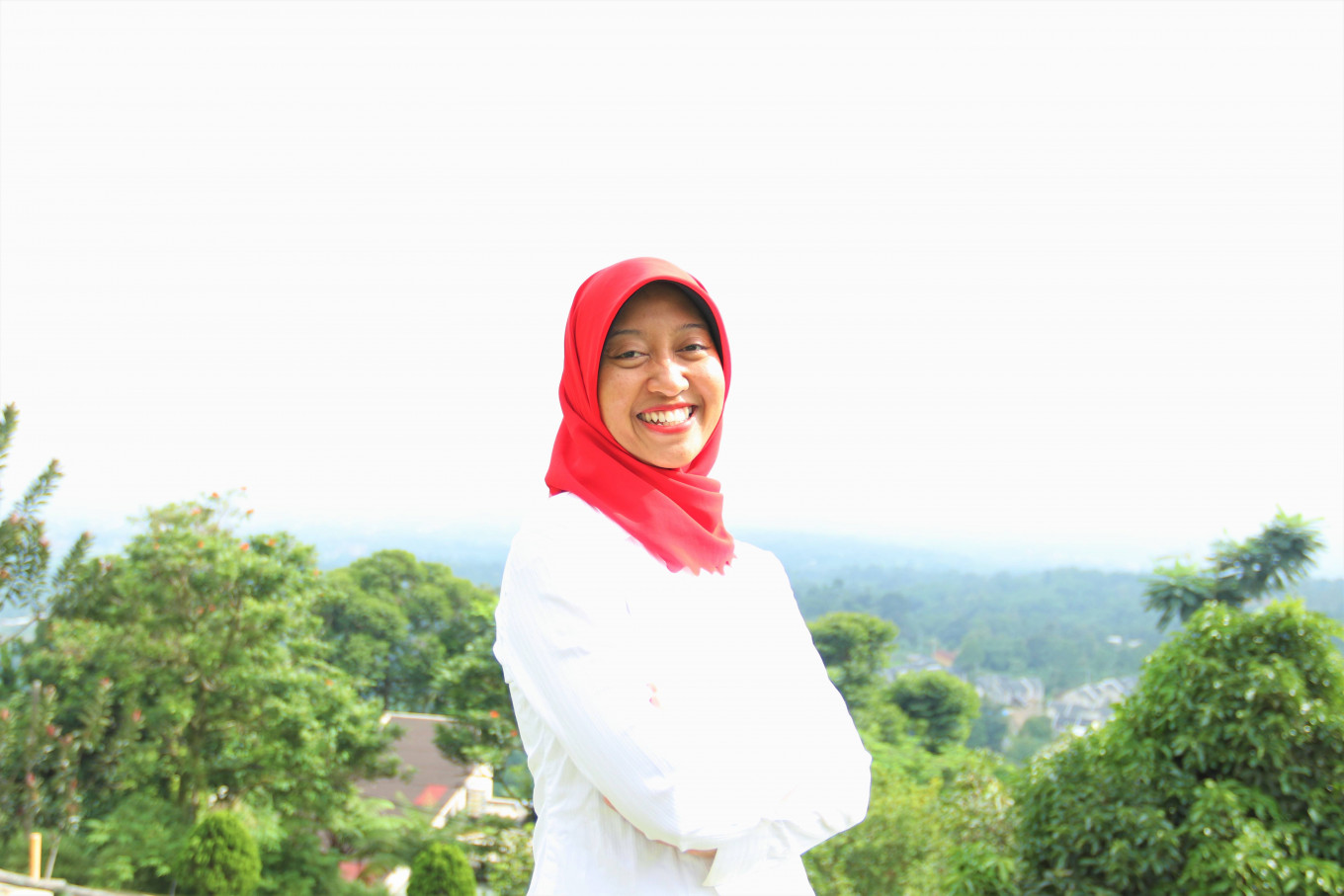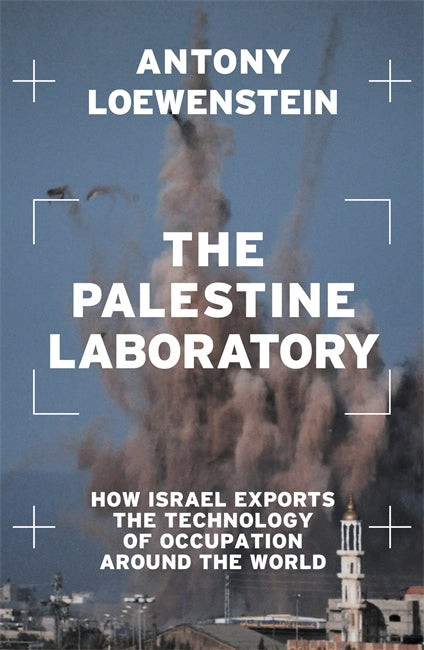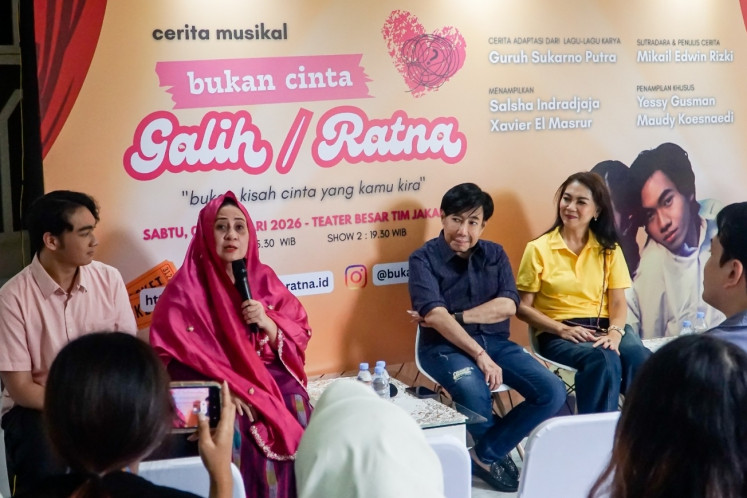Popular Reads
Top Results
Can't find what you're looking for?
View all search resultsPopular Reads
Top Results
Can't find what you're looking for?
View all search resultsAyu Kartika Dewi: Special staff to the President
Insightful, modest, mindful and compassionate, Ayu’s activism is a unique blend of worldly experience and empathy to foster tolerance and build peace.
Change text size
Gift Premium Articles
to Anyone
 Inner activism: Ayu Kartika Dewi, a cofounder of the SabangMerauke student exchange program and Perempuan Gagal, a women’s platform for sharing personal failures, talks about how she approaches the many hats she wears, including being a special staffer to the President. (Courtesy of Ayu Kartika Dewi) (Courtesy of Ayu Kartika Dewi)
Inner activism: Ayu Kartika Dewi, a cofounder of the SabangMerauke student exchange program and Perempuan Gagal, a women’s platform for sharing personal failures, talks about how she approaches the many hats she wears, including being a special staffer to the President. (Courtesy of Ayu Kartika Dewi) (Courtesy of Ayu Kartika Dewi)
"What I’ve learned" is a column that presents candid interviews with policymakers, artists, activists and businesspeople on facing challenges and making a difference.
Ayu Kartika Dewi is obsessed with failure, which is probably what makes her so successful.
Ayu, who doubles as a special staffer to President Joko “Jokowi” Widodo and also represented Indonesia at the Obama Foundation Leaders Asia-Pacific 2022 program, has cofounded two of the country’s most inspiring community programs: SabangMerauke, an interregional student exchange program, and Perempuan Gagal, an online empowerment platform where women share their experiences with failure.
Insightful, modest, mindful and compassionate, Ayu’s activism is a unique blend of worldly experience and empathy to foster tolerance and build peace.
Here, she talks about refraining from judging others, connecting on an emotional level, and communicating the incredibly healing message, “You're not alone.”
***
I’m just a human being, but I wear a lot of different hats. Working for the President is basically one additional hat.
People associate everything I say and do with the “boss” [President Jokowi]. So I have to think about how it looks if someone misquotes what I say. Will it be [nice]? Will it create more tension?
I wouldn’t say that I feel restricted in this role [as special staff to the President]. Even in my previous roles, I never saw myself as an individual activist. There is always the organization I represent, so I am mindful. It’s just a bit more high-level now, so maybe I exercise that mindfulness a little more.
A lot of my role at the Office of the President is helping the President make better decisions in the areas of diversity and peace building, and being a catalyst of changes that happen on the ground.
Working for the Office of the President, I can meet more people, people at higher levels, and I'm invited to speak to larger audiences. But every new step comes with consequences.
I miss the anonymity in some ways. When people see me and talk to me, sometimes it’s really hard to figure out if people want to talk to me because they want to talk to me as a person, or if they want to talk to me because of my role. Sometimes, there are many nuances and contexts to a conversation, depending on whom I am talking to and in what context.
We don’t know what we don’t know. I try to inspire young women to make brave choices in their lives. I try to promote peacebuilding.
Very often, I write memos to the President. Often, [they are] based on ideas I have or visits I have made to meet people in areas where there may have been conflicts in the past. And we’ve had nice conversations about catalyzing the changes that have happened and will continue to happen.
Another part of my job is talking to ministers or local leaders or universities, helping build peace and tolerance.
We can normalize failure. I started Perempuan Gagal to teach people that everyone has failed. [But] You are not a failure. You’re just a human being who is experiencing failure.
Thinking and decision-making are both processes we can always improve on. A lot of people, not just women, make their decisions based on norms or what will rock the boat less, and while sometimes that might be the right thing to do, there are things we can do to improve our process.
Teaching young women about their principles and values is important. Maybe they never asked themselves about their inner friend and their inner enemy. I want to help young women make better decisions. I want to help them discover their worth. They know their values and their principles, but maybe they never wrote them down or spelled them out.
There were three of us from Indonesia were selected [to attend the Obama Foundation Leaders Asia-Pacific 2022]. The Obama Foundation’s mission is to help more leaders around the world have greater agency and be more effective. I was interviewed by Maya Soetoro, Barack Obama’s sister, for the Obama Foundation Leaders program. I met president Obama. He’s very cool.
There are many things we think a lot about, but they might not be true. Not just [our] fears, but experiences that color our mindset to create blind spots and lenses that make us see things differently.
The younger version of myself and the current version of myself have one thing in common: We don’t really have a vision for our future self. But if I could go back in time, I would tell 16-year-old me, “Don’t worry, you’ll be fine.”
Happiness should come from within. If you put a hook on happiness based on “if” or “then”, you will never be happy. You’ll never be [truly] happy because you will always have another “if”.
Pain and suffering are two different things. Pain is inflicted on you, but suffering is a choice. And we’ve seen this [proven] scientifically. Someone can hurt you, it can be painful, but you don’t [have to] necessarily suffer, or you can work through that suffering.
We need to understand what kind and what level of agency we have. As humans, we misunderstand our agency and activism. We need to have that level of awareness and exercise that. We need to constantly exercise that agency.
Being able to train my brain to see things clearly allows me to see the facts and the solutions and how [those are] different from the emotions I might have, and how those emotions might cloud the facts.
When I wrestle with things, there is one particular person I go to. Talking through things with other people is important. Sometimes, people who don’t work in the same field as you [will] have the best suggestions. You might not think they will, but they have a fresh outlook. Being an outsider, they see things I can’t see.
Sometimes it comes down to insecurity. It helps us understand why we feel the way we do. For example, if someone called me a “blue plant”, I would be confused. I mean, I don’t have leaves. But if someone said, “You are an incapable woman leader,” that would hurt, which means I have insecurities about being a leader. So not reacting, but just trying to understand why I think or feel the way I do, is important.
The inner work is really important.
Instead of reacting, I try to understand why I think or feel the way I do by dissecting how I think and feel. And because we live in a fast-paced world, we usually bypass how we think and feel and go right to the impulse.










